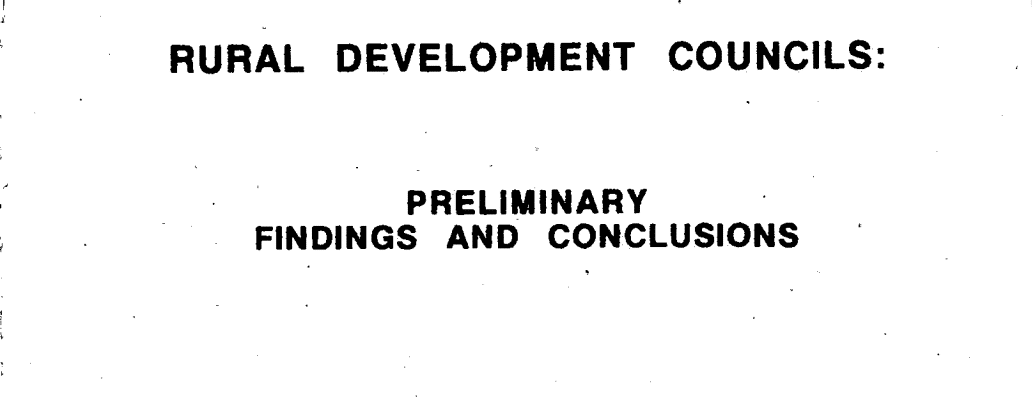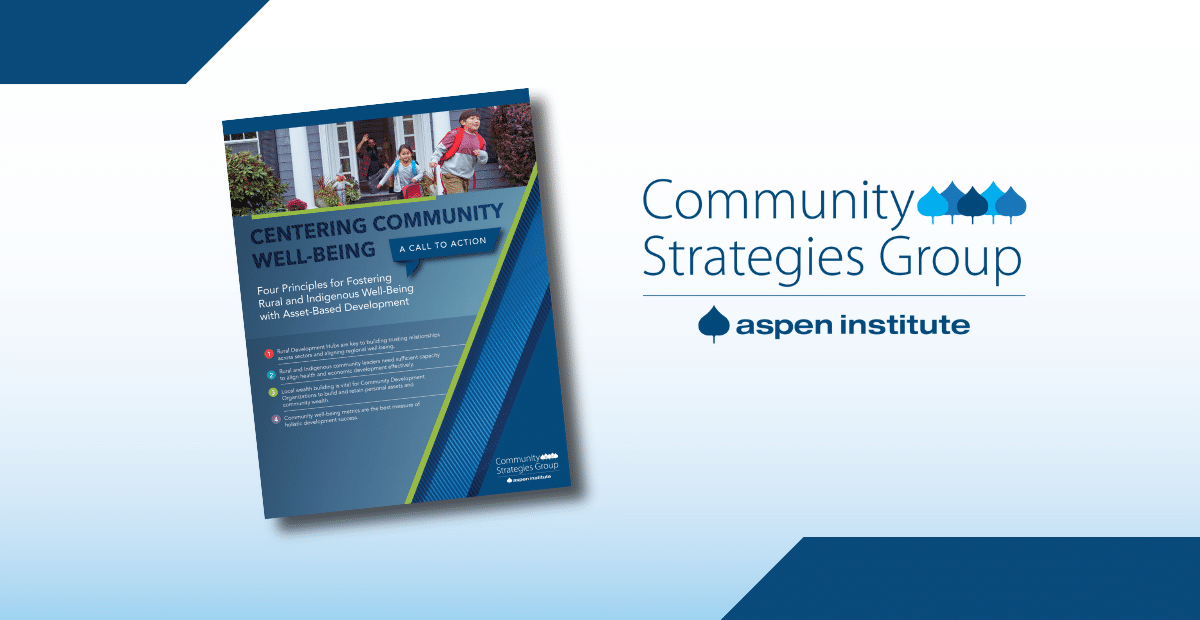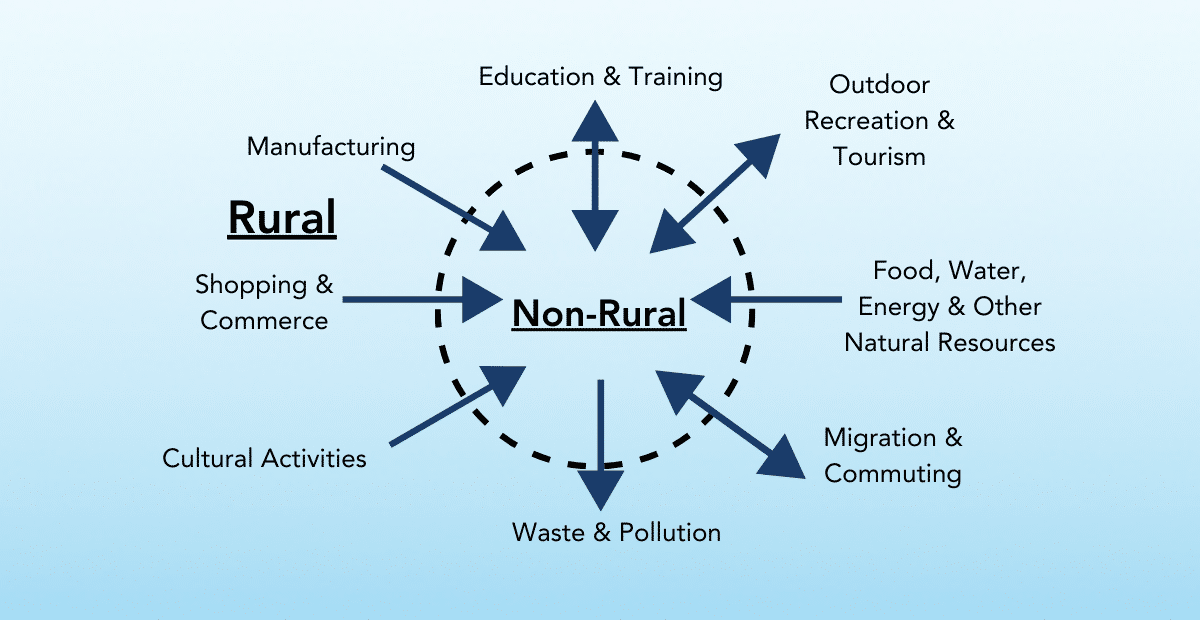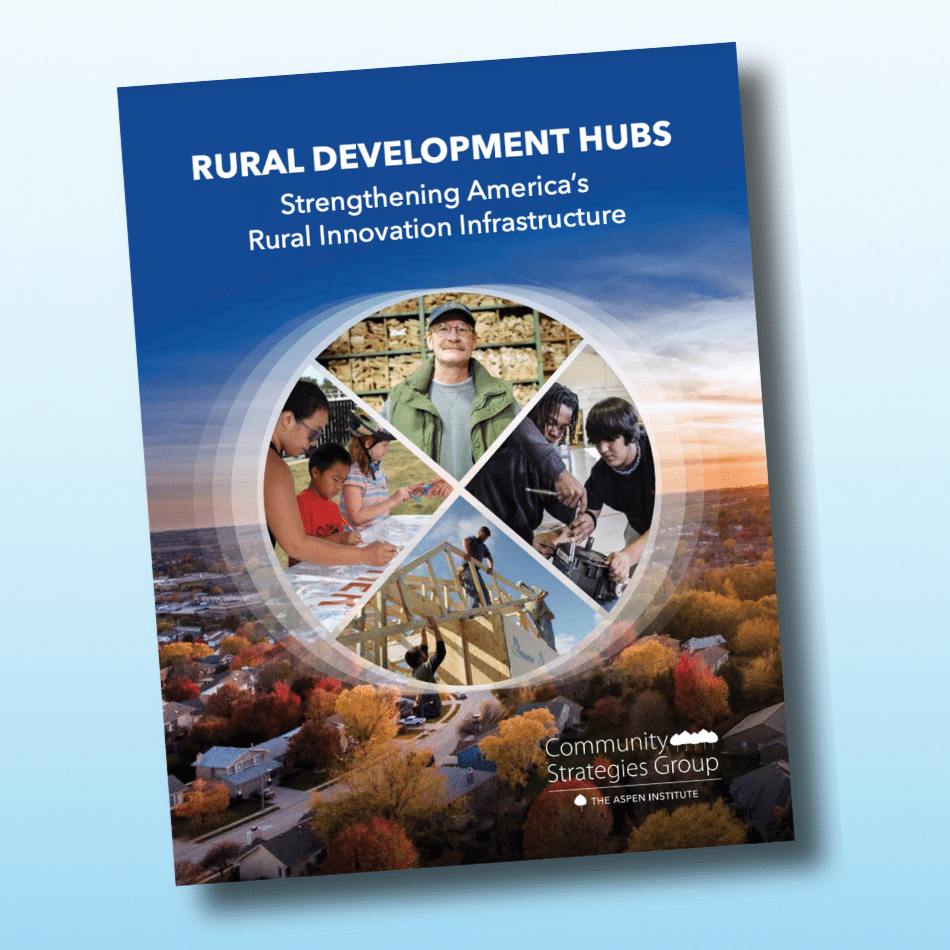View this Publication
Report reflects the experience of the eight Rural Development Councils initiated as part of the Federal Rural Initiative that provides a baseline of information on the organization and early development of the effort.
In January 1990, President Bush announced the steps his administration would take “to strengthen the delivery of Federal support for rural development.” The administration gave thenSecretary of Agriculture Clayton Yeutter instructions “to implement six proposals designed to improve the coordination of rural development programs and serve as a catalyst for future initiatives.”
The six elements included the creation of a President’s Council on Rural America; establishment of a Working Group on Rural Development as a subgroup of the White House Economic Policy Council; creation of a Rural Development Technical Assistance Center and Hot Line; a rural development demonstration program; and an effort to target rural development programs on specific activities. In addition to these federal-level activities, the Initiative also envisioned the creation of state-level rural development councils that would coordinate rural development efforts among federal departments and agencies and establish collaborative relationships with states, local governments, and the private sector.
By the end of 1990, Rural Development Councils were established in eight states: Kansas, Maine, Mississippi, Oregon, South Carolina, South Dakota, Texas and Washington. Each of the Councils was initially organized by the state Farmers Home Administration director and included a variety of federal officials as well as individuals from various segments of each of the states.
At the same time, a management group (known as the Monday Management Group — MMG) was established, made up of representatives from the participating federal departments. The MMG focused on outcome monitoring, served as a conduit for federal officials who would act as liaisons with the states, worked with the National Governors’ Association, and provided a link with the Working Group on Rural Development.
Early in 1991 it became clear that the activity that was taking place in the eight states provided an important source of information for those interested in the role of states in rural development. Upon the advice of the State Policy Program of the Aspen Institute, the Ford Foundation provided a grant to support a data collection activity in each of the states, documenting the baseline process for the formation of the Councils. The grant was linked to on-going evaluation activities of the Aspen State Policy Program undertaken by a team operating out of the Washington Public Affairs Center of the University of Southern California’s School of Public Administration. A monitoring team of eight academics was assembled, five of whom resided in the relevant state and three travelled to the state. This paper represents a preliminary report of the activities of the Councils from November through July of 1991.








